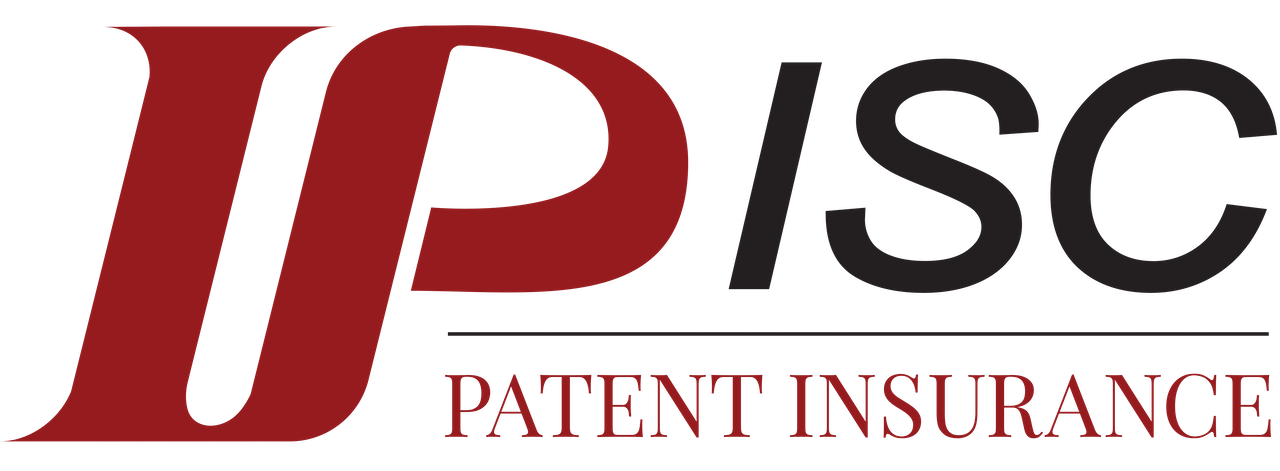Indemnification under the UCC
IP Defense insurance should be a high priority among manufacturers and sellers of goods. In addition, IPISC offers an optional UCC coverage endorsement to the Defense policy which extends coverage to the customers under Section 2-312 (3) of the UCC, reimbursing the Insured for litigation expenses and damages. Intellectual property infringement insurance is the most logical and economical choice that a company can make to ensure that the means are available to take on an IP infringement case. IP insurance enables companies to get through the lawsuit based solely on the merits, not the depth of their pockets.
Companies in the business of making and/or selling goods may have already accounted for the risk of being sued for patent, trademark, or copyright infringement. Ideally, they have considered insuring against that risk. During that evaluation of potential risk, they should also consider that they may be liable for expenses incurred in an intellectual property (IP) infringement suit against one of the purchasers of their products. Unless companies have specifically addressed the issue in their contract, the Uniform Commercial Code’s Implied Warranty Against Infringement (IWAI) can allow the buyer to sue you for the costs of defending an infringement suit based on the goods sold to them.
Such an indemnification action would arise under a specific state’s adopted version of the Uniform Commercial Code (UCC). The buyer could sue a company in a separate state action or the seller could be brought into the underlying IP infringement action with a cross-claim.
To understand what responsibilities these statutes impose, consider as an example New York’s Uniform Commercial Code Sect. 2-312(3):
“Unless otherwise agreed a seller who is a merchant regularly dealing in goods of the kind warrants that the goods shall be delivered free of the rightful claim of any third person by way of infringement or the like but a buyer who furnishes specifications to the seller must hold the seller harmless against any such claim which arises out of compliance with the specifications.”
As the language of the statute indicates, a company, as a seller, is providing the goods with the implied warranty that they do not infringe a third party’s IP rights. This warranty is the default rule when not specified otherwise in the contract, and companies may choose to mitigate this risk by disclaiming the warranty explicitly. However, buyers may not be interested in purchasing goods that could potentially expose them to the enormous costs of IP litigation. A better approach would be to insure against the risk of being sued for IP infringement, and then to add coverage for those parties to whom a UCC-derived warranty is owed. Such coverage would protect companies and give them a stronger position in negotiating sales with buyers.
The warranty as defined in the UCC is not unlimited. In particular, the warranty only extends to delivery of non-infringing goods. Once the goods have been provided free of IP infringement, the company is not responsible for any infringing use that the buyer makes with the product. This is especially important when the product is a small component in a larger product being assembled and sold by the buyer. Setting aside issues of inducement or contributory liability, a company cannot be held liable via the IWAI if the buyer’s larger product infringes a third party’s rights if the company’s product was not infringing when delivered.
A second limitation of the warranty exists where a company has manufactured the goods based on specifications provided by the buyer. In this circumstance, the warranty runs in the opposite direction, and the buyer must indemnify the company for an infringement action arising out of the specifications provided by the buyer.
However companies choose to manage the growing risk of an intellectual property infringement action, they should be aware of all of the ways in which it might arise. As a seller of goods, the UCC’s Implied Warranty Against Infringement should factor directly into companies’ risk management strategies.
IP exposure can be one of the biggest threats to a company’s survival. Unfortunately, a company’s exposure could extend as far down as the ultimate customer. Even if a company does not get sued directly, their distributors and/or customers could seek indemnification and drag the company into their lawsuits. This is due to the UCC’s implied warranty against IP infringement. Anytime a company sells its product, they need to be aware of this UCC warranty. Companies must be able to back that warranty.

